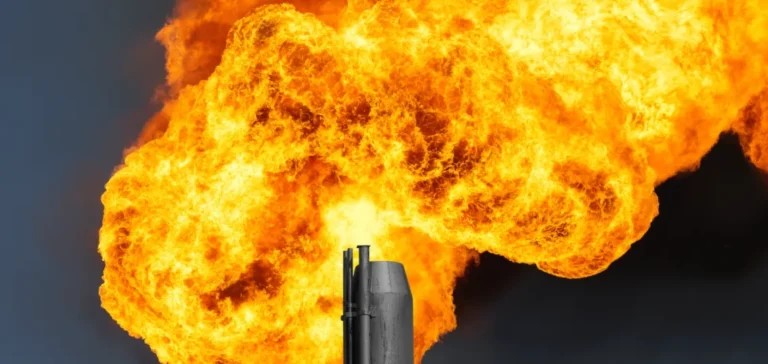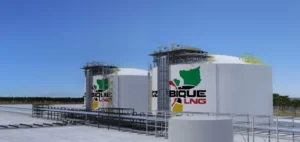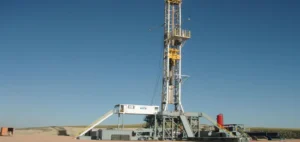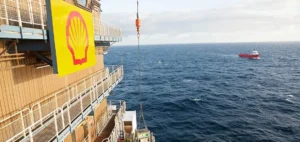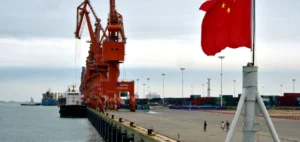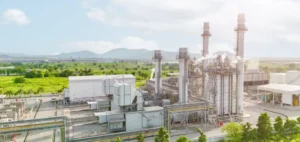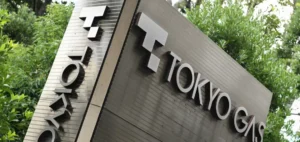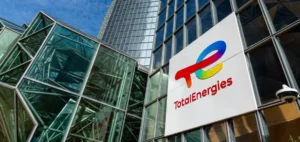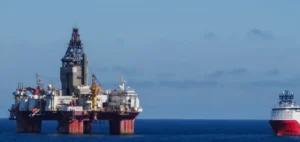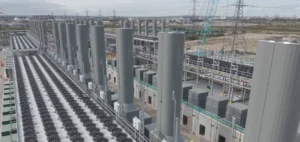The practice of gas flaring, which involves burning natural gas during oil extraction, reached a new high in 2024. Global flaring volumes reached 151 billion cubic meters, up 3 billion from the previous year, marking the highest increase since 2007. This rise translates into an energy waste valued at 63 billion USD ($63bn), equivalent to Africa’s annual gas consumption.
The impact of flaring on markets and the industry
The nine largest flaring countries continue to account for three-quarters of the global total, even though they represent less than half of global oil production. According to satellite data analysed in the annual Global Gas Flaring Tracker, flaring intensity—the volume of gas flared per barrel of oil produced—has remained stubbornly high for the last fifteen years. This ongoing trend continues to generate 389 million tonnes of CO₂ equivalent, including 46 million tonnes from unburnt methane.
Sector initiatives and mixed results
Countries committed to the Zero Routine Flaring by 2030 (ZRF) initiative have achieved better results than others. Since 2012, states that have endorsed the programme have reduced their flaring intensity by 12%, while those that did not commit have seen a 25% increase. Companies and governments participating in the Global Flaring and Methane Reduction Partnership (GFMR) have benefited from grants, technical assistance, and regulatory support.
Targeted projects and reduction prospects
In Uzbekistan, for example, the Global Flaring and Methane Reduction Partnership allocated 11 million USD ($11mn) to detect and repair methane leaks in the gas transportation network, reducing annual emissions by 9,000 tonnes, with a potential target of 100,000 tonnes per year. Other similar projects are being developed to turn this previously wasted gas into a valuable resource for the energy sector.
The persistence of flaring presents operational and financial challenges for the industry, as global demand for natural gas continues to grow and many countries seek greater energy security. The continued high level of gas wastage raises questions about the effectiveness of existing measures and the sector’s ability to leverage these resources to support global energy growth.


